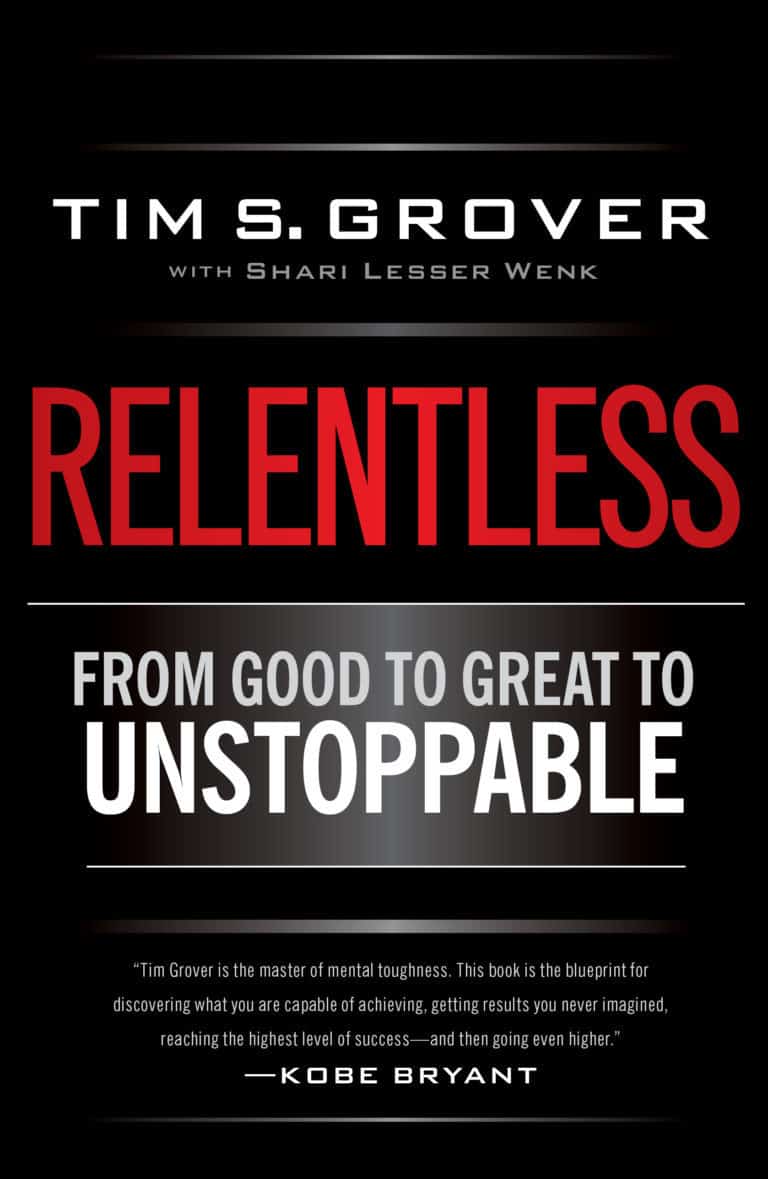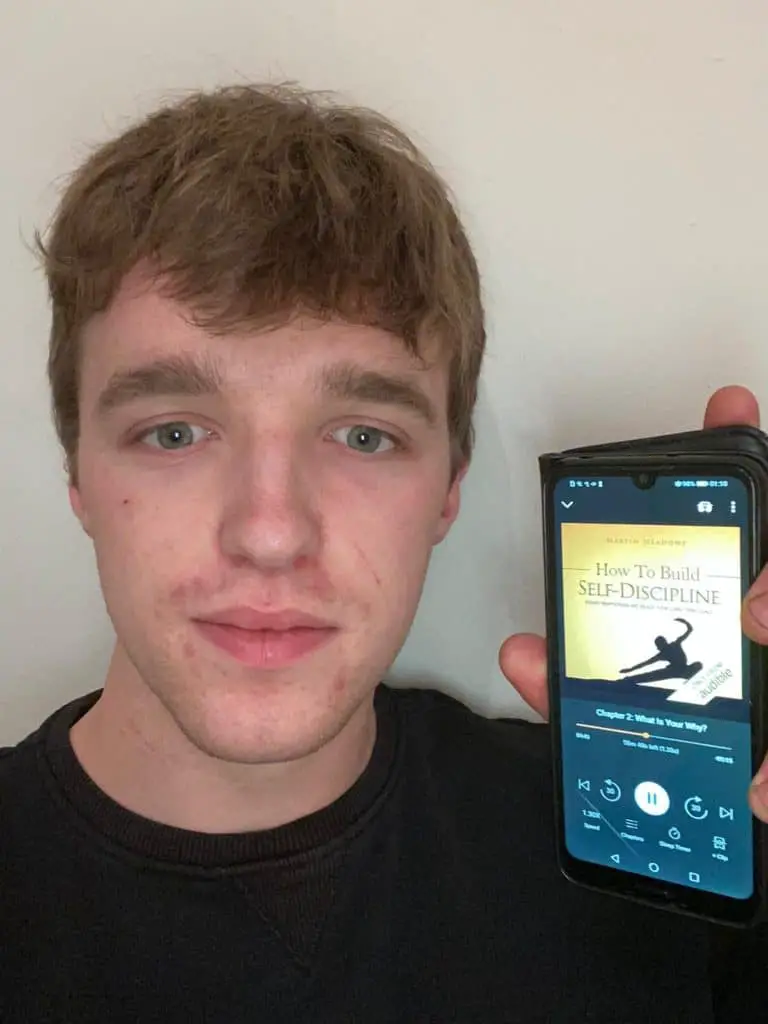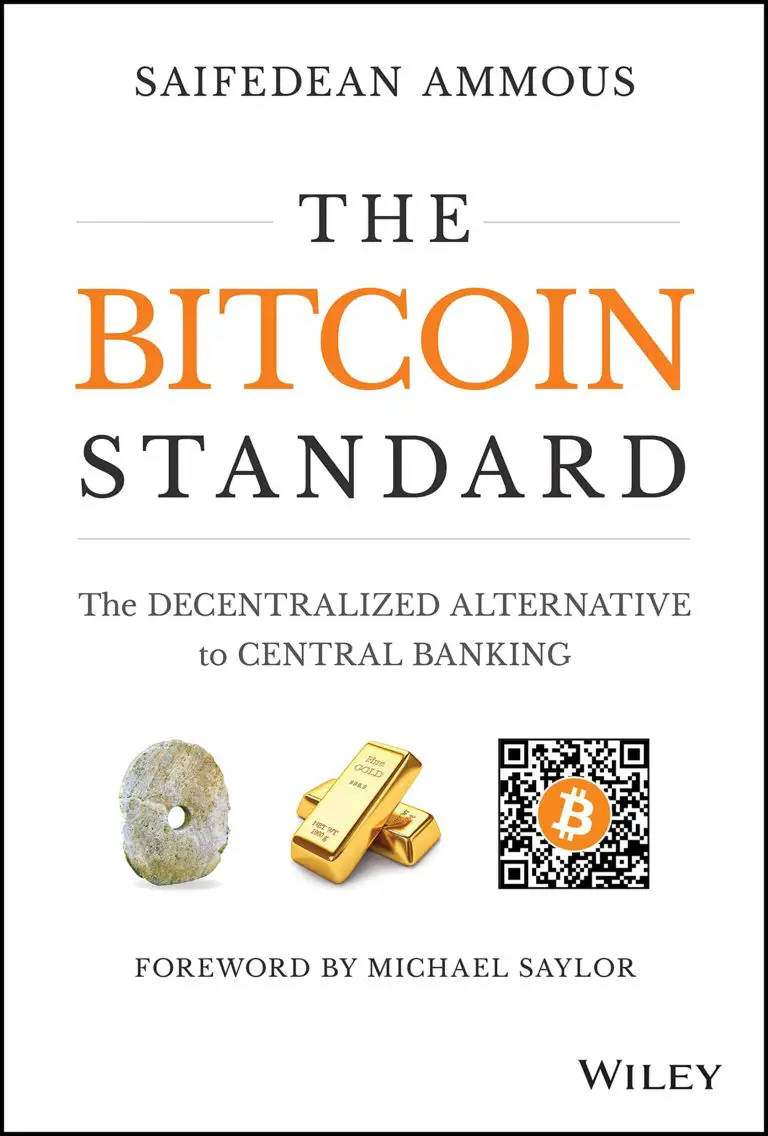10 Best Books To Read For Personality Development!
If you are looking for the absolute best books to read to develop your personality and character, then you are in the right place. This article is a breakdown of 10 of the most powerful self-help books on the market. All of the books on this list have been selected for their ability to help you change the way you think for the better, in the hopes of developing your personality.
1. Atomic Habits By James Clear

This book by James Clear Changed the way I think about success. Clear argues that growing in any area of your life, is really all about the small habits you do every day.
As the author puts it,
“Habits are the compound interest of self improvement”
This simple idea is really the whole book. But clear goes impressively deep on the topic, and makes some brilliant points about success that really make you question your own beliefs. Here are a few that stood out to me.
Your results and your successes are just a lagging indicator of your habits.
Broke? This is a lagging indicator of your financial habits.
Unhealthy? Overweight? This is a lagging indicator of your eating and workout habits.
Wife hate you? This is a lagging indicator of your (and her) relational habits.
You get the point here. Everything we have and are in the present, can be traced back to the habits and processes that were in place in the past.
By the same token, it is the habits you form and engrain today that will determine the outcomes of tomorrow.
Winners and losers have the same goals
We all love setting goals. But this unavoidable truth suggests there is more to succeeding and growing that just having ambitious goals.
The ultimate form of intrinsic motivation is when a habit becomes a part of your identity.
I have found motivation in the traditional sense unreliable. It comes and goes of its own accord. But if you can make a positive habit so ingrained that it feels a part of you, then motivation won’t be necessary.
You can use the power of habits to develop your personality
This idea comes from Clear’s distinction between outcome based and identity based habits.
“With outcome-based habits, the focus is on what you want to achieve. With identity-based habits, the focus is on who you wish to become.”
“Every action you take is a vote for the type of person you wish to become. No single instance will transform your beliefs, but as the votes build up, so does the evidence of your new identity.”
Read also: Too cheap for therapy? Read these books!
2.You Are A Badass By Jen Sincero

Jen Sincero is one confident woman. A world renowned motivational speaker and New York Times best selling author, she clearly knows some things about success and development that we would all do well to hear. This book differs vastly in style from atomic habits- rather than 1 big message, You Are a Badass Has 27 different chapters which all explore different philosophies about life.
The result is an uplifting, motivational and positive read which inspires you to see yourself in a more powerful and capable light.
Whilst this book is full of good points about life and personality, here’s three that immediately come to mind.
“Loving yourself”
I know! I know! But just give me a second. Whilst this seems so obvious and irrelevant, it is actually thoroughly practical and success oriented advice. If you can’t appreciate your own personality and attributes, how do you expect anyone else to engage with the person in front of them?
“Appreciate how special you are”
Noone has your specific set of skills and experiences. No one. Think about that. That being the case, doesn’t everyone have something interesting to teach, as well as something interesting to learn from everybody else? You will appreciate your own personality more when you appreciate just how unique your worldview is. You really do have something unique to share with the world.
“Drown yourself in affirmations”
Take responsibility for your own self image! Feel like you’re no good? You can fix that! Feel like you aren’t someone with an interesting personality? You can change your perspective! Affirmations are a great tool for this kind of transformation.
Read also: 99 Affirmations For Achieving Your Goals
Taking responsibility
Jen makes a number of points about taking responsibility for your own life, happiness and personality throughout the book. Here are a few quotes on this topic that I enjoyed.
“You are responsible for what you say and do. You are not responsible for whether or not people freak out about it”
“So often we pretend we’ve made a decision, when what we’ve really done is signed up to try until it gets too uncomfortable”
“Forgiveness is all about taking care of you, not the person you need to forgive. It’s about putting your desire to feel good before your desire to be right. It’s about taking responsibility for your own happiness instead of pretending it’s in somebody else’s hands. It’s about owning your power by giving all your anger, resentment, and hurt the heave-ho”
Enduring growing pains
Growth is an uncomfortable and uncertain process. Where there is a will there is a way- but by convincing ourselves that there isn’t a way, we can avoid the pain of growth. The truth is that there is a way to become the person you want in this life.
It is up to you what you do with that information.
3.Mindset By Carol S. Dweck

Carol S Dweck is a Professor of Psychology at Stanford University. Her book mindset is based on her groundbreaking research on the mindsets of school children. As she recalls, The children could be grouped into having 2 distinct outlooks on various new challenges.
Some kids had a fixed mindset, whilst others had a growth mindset.
Fixed Mindset kids were of the outlook that knowledge and skill level was in some way fixed, and that failure had an element of finality and judgment to it. This presupposition underlies much of these kids behavior:
They avoid challenges, to avoid the possibility of failure.
They believe that you either can or can’t, and so underappreciate the power of learning and deliberate practice.
They view feedback as a personal attack. They do not like to be criticized.
By contrast, children with a growth mindset operate from the perspective that knowledge, talent and skills are all things that can be built over time. For kids like this:
Challenges are brilliant. They help us grow and build upon weaknesses.
Learning and practice are both valuable ways to develop your personality and skill set.
Constructive criticism can lead to growth and improvement, and so is encouraged.
Unsurprisingly, Children with a growth oriented mindset went on to consistently outperform children with a fixed mindset.
I like this book because of its base in real research, as well as the insights it shares about the way our personalities are built.
What kind of mindset do you carry?
Do you avoid criticism?
Do you seek challenges as opportunities to develop your personality?
These are all questions that this book made me think about.
4.Can’t Hurt Me By David Goggins

If you are looking to build a resilient, and disciplined personality with a strong work ethic, then this book is a must-read.
I bought the audiobook of this one and it’s kind of a blend of autobiography, interview, podcast, motivational speech and instructional guide. David Goggins lived in an incredibly dysfunctional and painful household growing up and was obviously incredibly damaged by what he had to go through. I mean no one would give this guy a chance. And honestly, he was what you might call a failure well into adulthood. By his own definition. Fat, comfortable, victim mentality, an awful job, no prospects.
The guy then becomes obsessed with becoming a navy seal, a dream he once had as a teenager. He flicks a switch. To cut an unbelievable story way too short he went onto:
Go through hell week twice.
When not a runner, he ran 100 miles on 2 broken legs.
He became the only member of the US armed forces to complete seal training, the US army ranger school and Air Force tactical air controller training.
Completed over 60 ultra marathons and endurance races.
Broke the pull up world record after failing twice, once on live tv.
He has an incredible warrior spirit. He often says that to his mind, the whole meaning of life is found in overcoming pain.
Here are some of my main takeaways from the book:
“Facing Your Bad Hand.”
David Goggins was diagnosed with toxic stress due to his brutal upbringing. Rather than see that as an obstacle to becoming the person he wanted to become, he fully accepted this shortcoming so that he could use it to fuel his growth.
“Setting Up The Accountability Mirror.”
We all have goals. That’s a great start, but Goggins agrees with James Clear here.
Having goals is not enough.
Whilst Clear uses this point to explain the power of habits, Goggins uses the “accountability mirror” to keep himself focused and pushing towards the person he wants to become. He writes his goals on sticky notes on his mirror and every day, he looks in that mirror and has an honest conversation with himself.
Where is he failing his own convictions?
Which habits does he have that are hurting his progress?
How far is he from his objectives?
Asking these difficult questions allows you to stop avoiding your situation so that you can actually make some real progress. You can apply this practice to any ambition, whether that be internal or external.
“Getting Used to Discomfort.”
David Goggins saw joining the navy seals as his path to a better life and a stronger personality. There was just one problem. For goggins to even be allowed into the seals program, he would have to lose 106 pounds in 3 months.
This impossible task meant that he had to consistently force himself through serious discomfort day in and day out. But as goggins explains- when you push yourself into painful situations intentionally, you callous your mind and build your willpower. When you are challenged in life, When your character is called to question, you have been there and done that and find a power that you have built through your own suffering.
5.Essentialism By Greg McKeown

Greg McKeown, in addition to being an author and public speaker, is a leadership and business strategist that has worked with some of the biggest companies in silicon valley. Mckeowns book Essentialism is a great read for personal growth and personality development, as it challenges everything we spend our time on and the way we structure our lives.
Essentialism is all about the philosophy of doing less things. The idea, as McKeown explains, is that almost everything that we do and want doesn’t actually matter.
The world we are in has so much noise! We buy so much stuff that we don’t even want! Most of the people we try to impress are people we don’t even like!
Get rid of it all. Stop it. Laser in on the things that matter.
When you think about life in this way, things become so much simpler. You actually have the space to think. You can actually spend your life doing what you want to do with the people you love.
Here are some of my favorite ideas from the book, in the author’s own words:
“The way of the Essentialist means living by design, not by default. Instead of making choices reactively, the Essentialist deliberately distinguishes the vital few from the trivial many, eliminates the nonessentials, and then removes obstacles so the essential things have clear, smooth passage. In other words, Essentialism is a disciplined, systematic approach for determining where our highest point of contribution lies, then making execution of those things almost effortless.”
“Just because I was invited didn’t seem a good enough reason to attend.”
“We can either make our choices deliberately or allow other people’s agendas to control our lives.”
“The word priority came into the English language in the 1400s. It was singular. It meant the very first or prior thing. It stayed singular for the next five hundred years. Only in the 1900s did we pluralize the term and start talking about priorities.”
6.The Art Of Saying No By Damon Zahariades

The Art of Saying No is a great personality development book, which teaches readers how to say no to a lot of non-essential activities. This book is a natural follow on from essentialism as if you are going to only focus on what’s important in life, you will find yourself having to say no a serious amount!
This book highlights why most people find it hard to say “no”, how you can say “no”, and also, how to say “no.” Let’s take a quick look at how the book covers each.
The first section of the book takes a deep dive into the psychology of why most people find it challenging to say “no” to some people or certain activities. The author argues that since childhood, most of us have been conditioned to say “yes” to please people. This is because when we were kids, whenever we tried to oppose the views of our parents or teachers by saying “no”, they ended up scolding us. Similarly, in middle school or high school, most people said “yes” to a lot of things to look or be cool. And this art of saying “yes” has been ingrained in us throughout our lives.
In the book, the author argues that most people are scared to say “no” because they are scared it will damage the relationship they have with other people. Yes is our go-to, almost all of the time.
Here are three crucial points about saying no that Zahariades points out:
- Saying “no” doesn’t make you selfish: This means, if you say “no” in order to take care of yourself or engage in other profitable activities, it doesn’t make you a selfish person. By saying “no” to non-essential stuff, you are rather helping yourself improve.
- Saying “no” for the right reason will inevitably strengthen your relationship with people. This revolves around the idea of “absence makes the heart grow fonder.” Essentially, the author argues that people value things that they hardly get access to. So, when you say “no” to things or people, they will value your effort, time, and presence more when your answer is yes.
- By saying “yes” to please someone other than yourself, you are putting their values above your own. If you spend 3 hours out with your friend for lunch, that is 3 hours that you are spending not doing all of those things that you really care about. There is never a yes, without a lot of implied no’s.
The final part of this book is all practical advice on how you can say no more in your life in a way that is respectful and non damaging.
After all the goal is to focus on what you truly care about, not to p*ss all of your friends off!
There are a number of tools you can use that are discussed in this book. One that I like is the counteroffer.
Sometimes someone wants you to do something, and your answer is no. But it can’t just be a no, because the other person will feel hurt. Maybe they have been through alot, or maybe the specific situation is sensitive.
In this case rather than saying no, give a counter offer. That way, you are helping the other person by offering a partial solution.
Can’t work with them? Recommend someone who might.
Don’t want to meet them for coffee? Recommend another time, or another activity that you find more mutually practical.
Don’t just reject. Work to be tactful in making sure you aren’t wasting your time.
7.Awaken The Giant Within By Tony Robbins

Everyone has heard of Tony Robbins. But this book is one of the main reasons why he is so renowned today! It is considered one of the most fundamental self development books of our time. It is a great place to start for anyone looking to develop themselves and their personality.
One of the main ideas in the book is the power of decisions.
“It is in your moments of decision that your destiny is shaped”
All of our lives reflect the decisions that we have made and continue to make. A real, committed decision that is backed up by action genuinely has the power to completely transform your life.
Check out this video of Tony, sharing powerful wisdom about the power of decisions.
!!!!Another powerful idea from this book technique Robbins uses for breaking and forming habits. Tony uses the deep pain/pleasure response in us all as a way to break negative habits and develop positive ones.
Here’s an example of this technique.
We all want to avoid pain and seek pleasure. So if you want to quit smoking, reprogram your mind away from the satisfying feeling you get from cigarettes. Instead, think about all of the pain that smoking will cause you.
The decline of your health over time.
The loss of control over your own actions.
The never ending financial burden.
Recondition your mind to associate smoking with these things. Every time you smoke, think about these things. Feel the weight of your negative decision. If it hurts enough, your ingrained desire to avoid pain will deter you from smoking and help you to quit.
Another important lesson from this book is that it is your beliefs which shape your life, way beyond any event. How we perceive a situation is what changes us, not the situation itself.
Essentially, if you see a negative situation negatively, then the outcome of that situation will always be negative. However, if you view a negative situation positively, then the outcome will always be positive.
Let’s say you lost your job today. What if there’s a better job? What if you could make more money? What if the discomfort of being unemployed drove you to work on your own business? What if the shock made you see the value of family and gave you a new perspective on life?
This view reminds me of a famous Nietzsche quote
“There are no facts, only interpretations”
8.As A Man Thinketh By James Allen

You may not have read As A Man Thinketh for yourself yet, but you will probably have come across some of it’s ideas. Written in 1902, the teachings of James Allen run throughout the self development industry today.
This is fundamental advice for developing your personality and bettering your life.
One major lesson in this book is the idea that your mind is like a garden.
Your garden will produce beautiful flowers and fruits if you tend it well. It will produce weeds and be disorganized if you do not. But it is always growing.
The fruits of your mind are your words and actions, and more broadly your life. But everything starts with how your mind is tended to. And that is only your responsibility.
Unhappy with your life and results? Your fruits? The answer is always in the way you tend to your own garden.
Another lesson from the book is that the body is a servant of the mind. You can see that Allens fundamental teachings are the base of material taught by greats like Earl Nightingale, Tony Robbins and Jim Rohn.
Beliefs>Thoughts>Actions>Results>Belief
My final take away from Allen’s book is one that is in equal parts troubling and liberating.
“No man but himself can alter his condition”
Your friend wasting their life? Your family is full of pessimism and a victim mentality?
Leave them be. You can’t change anything. Focus on yourself. Focus on helping other people that want your help.
Because whilst what you can do to change others is very limited, what you can do to change yourself and improve your life is not.
9.The Four Agreements By Don Miguel Ruiz

Part instructional guide, part introduction to alternative spirituality, this next book distills all the personality development advice you will ever need down to four agreements that the writer encourages you to make with yourself. Commit to these, Ruiz writes, and you will grow to live a full life and avoid the pitfalls that many fall into.
Agree to be impeccable with your word. Treat your own words with respect. Say only what you mean. avoid gossip and spreading rumors. Aim your words in the direction of truth and love.
Agree to not take anything personally. Nothing anyone does has anything to do with you. It has everything to do with them. If you can learn to operate independently of the opinions and actions of others, you will avoid suffering and gain control of your life.
Agree to never make assumptions. Ask for what you want. Question something when you don’t understand it so that you can learn it. Communicate with others clearly. Don’t guess- find out.
Agree to always do your best. Whatever it looks like, do your best. If your best is ok, be ok. If your best is great, be great. The power is in the effort, not the outcome. If you give your genuine best effort in an endeavor, you will sleep easily and not torment yourself. Whatever happens, is the best that could happen.
Read also: Top 15 books about becoming an adult!
10.Make Your Bed by William H. McRaven

William H. McRaven is a retired United States Navy 4 star Admiral. Over his long and decorated military career, he must have seen it all. Fortunately for you and I, his book Make your bed shares all of his learnings about developing one’s character down into 10 concise lessons.
- Start your day with a task completed
- You can’t go it alone
- Only the size of your heart matters
- Life’s not fair- drive on!
- Failure can make you stronger
- You must dare greatly
- Stand up to the bullies
- Rise to the occasion
- Give people hope
- Never, ever quit!
It is all of the personality development that comes from a career in the Navy, written into 10 short chapters.
McRaven summarized his ideas when he gave the commencement address at the University of Texas in 2014:
I love the way that the book is full of anecdotes and stories from life as a Navy Seal. You find yourself compelled by what you read to make the most of your life and be the best that you can.
I would usually choose a favorite teaching but to be honest, this book is well written and concise. All 10 chapters have a powerful message, and nothing feels like it was added for the sake of bulk.






